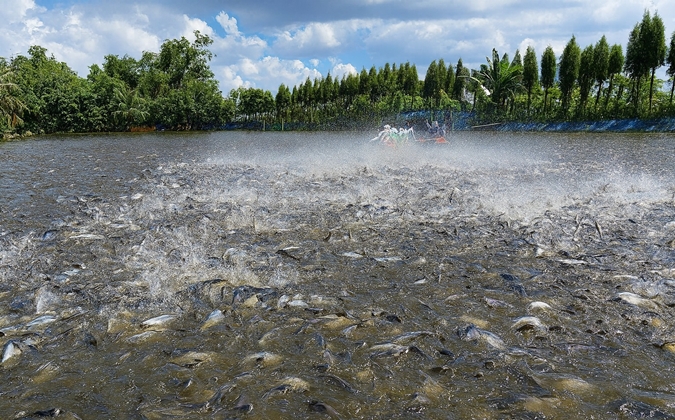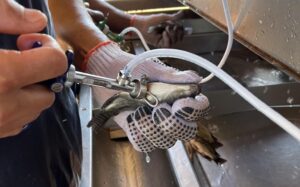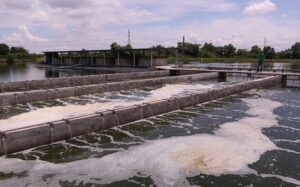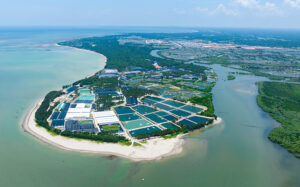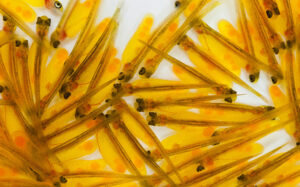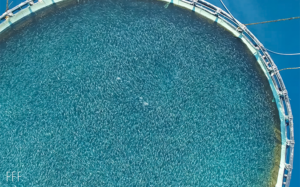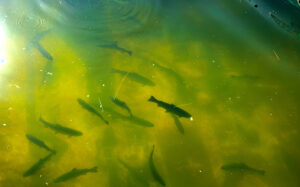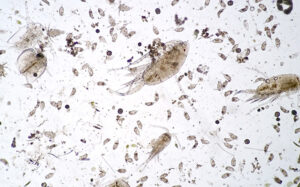Technology
Why small vaccine doses are now the norm in aquaculture
In the last 20 years, fish vaccine doses have got smaller, and at some pace. From 0.2ml once being the industry standard to 0.05ml the most seen now, and some 0.025ml products available, there has been a clear direction of travel. Nils Steine, business unit director for PHARMAQ, explains why.
US-born aquaculture system has the potential to transform Thai fish farming
An innovative system initially designed to help US catfish farmers is offering a lifeline to fish producers across Southeast Asia who are facing increased pressure to farm more sustainably.
Technological advances can improve sustainability in China’s diverse aquaculture industry
China is the largest aquaculture producer in the world — but in fish health interventions such as vaccines, it often lags behind Europe and the Americas.
Could nanobubbles really revolutionize aquaculture?
Research is showing that nanobubble technologies can dramatically reduce disease risks on fish farms and potentially curb the need for antibiotics.
Artificial intelligence highlights which salmon eggs have the best chance of success
Software using artificial intelligence is set to help Atlantic salmon producers in Chile make better decisions about the chances of eggs developing successfully into healthy fish, reducing the productivity losses in early fish development which have significant effects on the aquaculture industry.
Better net-cleaning tech needed to contain harmful particles on fish farms — study
Cleaning the nets of pens on fish farms at sea releases millions of harmful biofouling particles that not only spread between pens but into other farms up to 5 kilometers away too, a study in Norway has revealed. But despite the concerning results, help is at hand for producers.
How acoustic technologies are aiding fish health and welfare
Monitoring fish using sound is on the rise in aquaculture, meeting a need to accurately assess the health and welfare of farmed-fish populations in changing environments.
Understanding plankton threats to salmon requires a mix of old and new technologies
Using both “traditional” microscopy and environmental DNA (eDNA) analysis can help paint a complete picture of plankton threats to salmon aquaculture, according to University of Glasgow research.

